Indian exporters will have to submit the relevant reports from October 2023, and the EU will deploy "verifiers" to check these documents. Currently, CBAM measures apply to sectors such as steel, aluminium, cement, fertiliser, hydrogen and electricity.
However, Indian steel and aluminium producers are likely to face increasing pressure as they account for a significant portion (26-27%) of the EU's exports worth $8.2 billion in 2022. Compliance and production costs are expected to increase due to CBAM implementation.
To address this situation, Indian experts are considering two approaches. First, to oppose CBAM in multilateral fora on the grounds that it restricts the industrialisation space of developing countries. Secondly, India is considering working with the mechanism by creating its own carbon tax, especially for exports to the EU, in line with the CBAM principles proposed by the EU. Funds collected from this tax could be used for domestic decarbonisation efforts. However, the success of this approach is uncertain and could potentially lead other exporting countries with carbon markets to take similar measures.


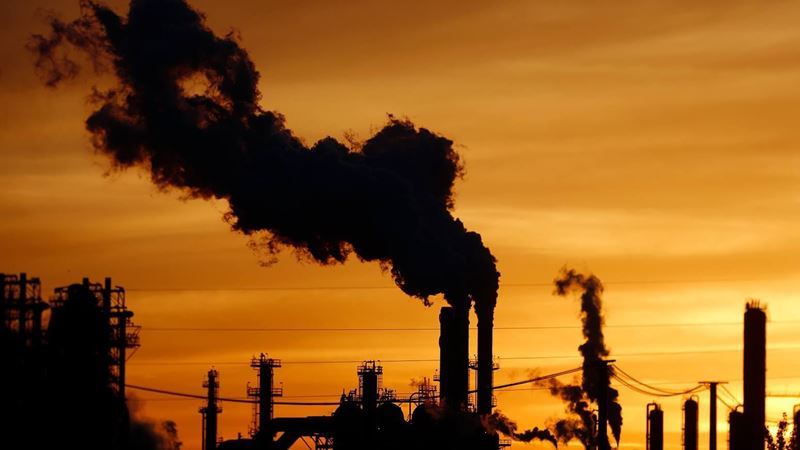

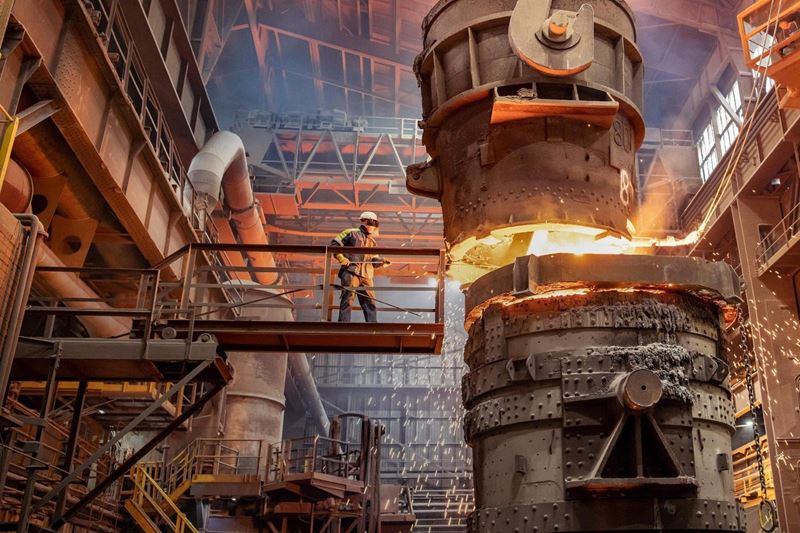
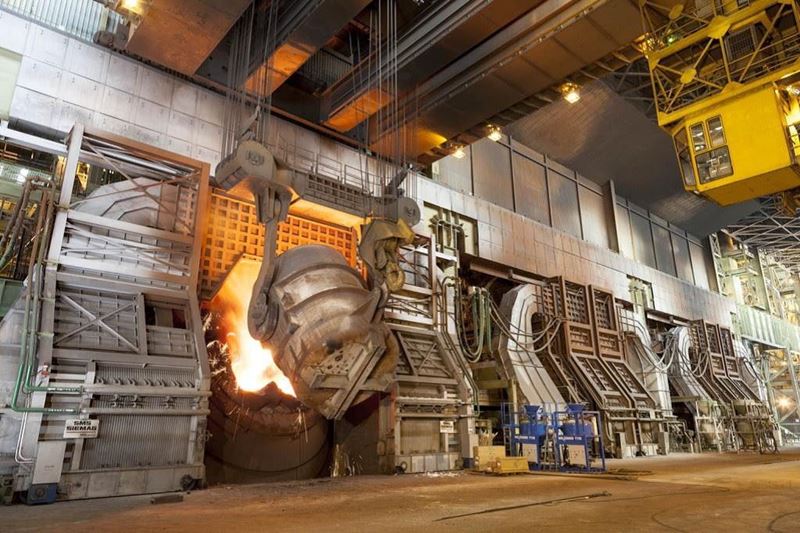
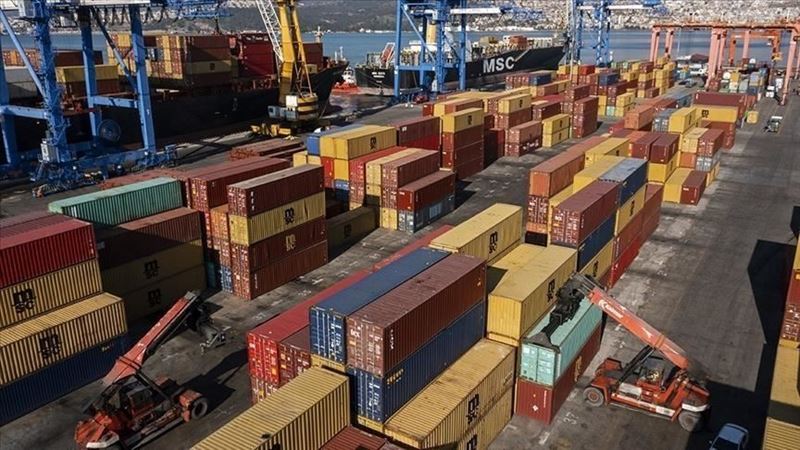
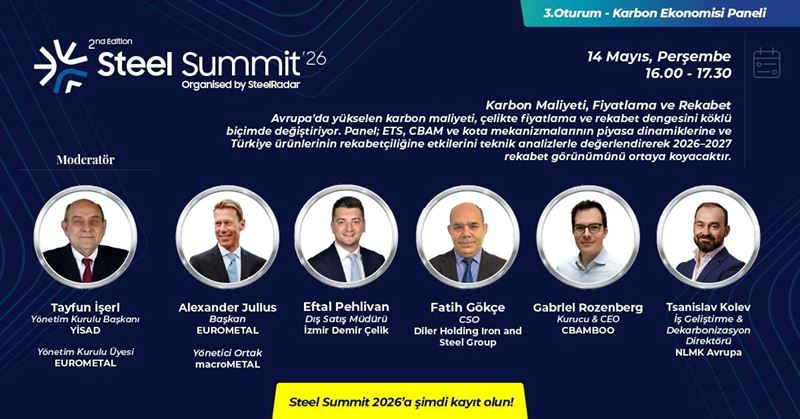
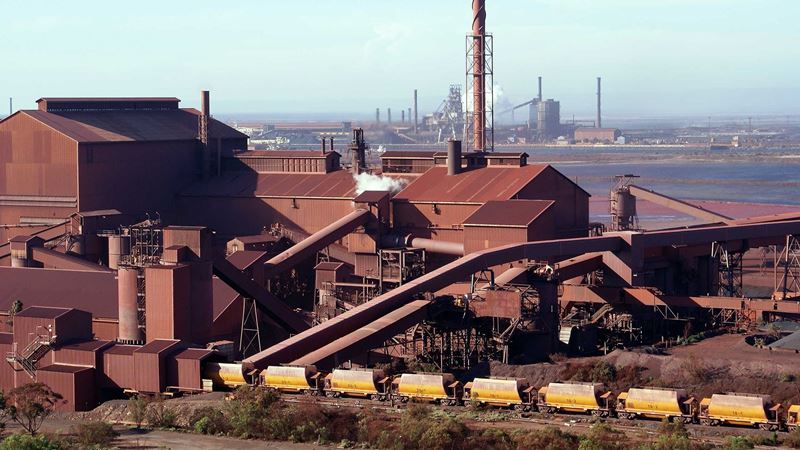


Yorumlar
Henüz yorum yapılmadı